Politics is one of the most stressful topics of election’s anxiety and depression for Americans. Over 50% of adults say elections cause them somewhat or very significant stress. Symptoms such as worry, sadness, hopelessness, and physical tension may develop when stress persists or becomes exceptionally intense for a long time. When left untreated, these symptoms may worsen and cause new mental disorders.
Researchers have found that people suffering from depression are more likely to skip voting and being involved in politics, which could impact the upcoming election.
Politics can negatively impact someone’s mental health, so recognizing the impact and avoiding triggers can decrease them, as well as employing healthy coping strategies. Follow these steps to ensure that a political activist remains active without being negatively affected by the election results well beyond November.
Read: Anticipatory Anxiety
How elections can cause anxiety & depression
There is a great deal of US election’s anxiety and depression due to the fact that politics and politicians are a great source of stress for many Americans. Having an election that favors a particular politician leads to immediate and indirect stress as people worry about the short-term and long-term effects of winning the election.
The American Psychological Association conducted a study in 2019 which identified the top three stressors among US adults as follows:
- Americans are more concerned about mass shootings today than they were in 2018, as more than 70% worry about mass shootings. All races and ethnic groups were more concerned about mass shootings in 2019 than a year ago.
- Approximately 69% of Americans report having problems affording or obtaining health care for themselves or their families.
- Politics and politicians cause stress to more than 60% of Americans, with 56% citing the election as a stressor.
Stress comes from many other sources as well, including:
- Climate change anxiety
- Abortion laws
- Immigration
People report increased levels of election-related stress due to the influence of politicians on all of these sources. Shootings, health care, and immigration may be the three major issues a person worries about, and they perceive the president as being the one person who can change their concerns drastically.
Read: Difference Between Stress and Anxiety
Election anxiety
People who support an unsuccessful candidate often experience election’s anxiety and depression. People who live in states that supported their candidate may face even greater mental health hardships.
Additionally, the greater the margin by which a candidate loses, the more stress and depression are likely to be experienced by residents in those states. Researchers at UCSF and Duke University examined data on mental health indicators during the 2016 general election in a study led by the University of California, San Francisco (UCSF) and Duke University.
According to the research, people who lived in states where Hillary Clinton won more than half of the vote experienced poor mental health on average one day more than they did the month previous (October). Medical student Brandon Yan, a health researcher at UCSF, says the findings indicate that elections can have an impact on mental health.
According to our study from 2016, voters of the campaign who lost are most at risk for worsening mental health, especially if that campaign lost unexpectedly.” There is also a more polarized climate in 2020 than in 2016, which could influence how people react to election results.
68 percent of Americans said the 2020 election is a significant source of stress, according to a Harris Poll conducted on behalf of the American Psychological Association (APA). This percentage is down from 52 percent in the 2016 election.
Read: Work Depression
Election depression
Anxiety and depression caused by chronic stress can be brought on by election-related stress, but are also caused by feelings of sadness and pessimism. Sadness and pessimism are normal reactions to life, but when they persist without treatment, they can be signs of depression.
Depressive symptoms usually appear following an election, especially if “the other side” wins. This is in contrast to the anxiety that may emerge before and after an election.
The following are symptoms and signs of depression:
- Having a bad mood or feeling irritable
- Not being as interested in most activities
- Weight fluctuations due to diet and appetite changes
- Oversleeping or undersleeping
- Feeling rushed or sluggish
- Experiencing fatigue
- Guilt or feeling worthless
- Difficulty focusing and concentrating
- Thoughts of death
The person must experience these symptoms for at least two weeks and to a significant extent to be considered to have a depressive disorder.
People may suffer from bereavement after an election if they did not win the candidate they preferred. However, even though no one has died, the defeat could be viewed by the person as abandoning their hopes or abandoning the ideal America they had pictured. It’s not unusual for sadness and grief to mimic depression, but since grief is a normal reaction to loss, it will not be considered a mental disorder.
The effects of depression on voter turnout
Research reports indicate that individuals experiencing signs of depression are less likely to vote and participate in the political process, including feelings of hopelessness, sadness, emptiness, low energy, difficulty concentrating, or thinking about self-harm.
It is possible that someone experiencing depression may not have the energy to vote because it involves physical activity.
Jesse Mann, who suffers from bipolar disorder in addition to depression, understands what you are going through. “It was very difficult to do even the most basic things in life during his worst depression,” he said.
Mann, a podcaster and filmmaker who is 40 years old, says simply shopping can be exhausting and painful.
The symptoms of depression might also impede an individual’s ability to participate in both the physical act of voting as well as the political process itself, Ojeda said. This affects both a person’s interest in politics and their internal efficacy – the belief that they are capable of participating in politics because of what they know about those issues.
Coronavirus outbreaks have heightened such feelings, in part due to the fact that more than 7.5 million people have been infected and more than 211,000 people have died in the US alone.
The US economy has been slowing for months, and many people are worried about how fast the country can recover.
In spite of the 7 percent unemployment rate last month, there were only 661,000 new jobs, fewer than expected. The Labor Department reports that 840,000 individuals filed for first-time benefits last week. Many are worried that they won’t make ends meet because of these high numbers.
Read: Nocturnal Panic Attack
Mental health issues related to elections
Any number of mental conditions can be impacted by the increased stress prior to, during, and after elections. It is important to remember that high levels of stress exacerbate all mental and physical health issues.
Psychological disorders can increase symptoms if a person has a pre-existing condition such as:
- Obsessive-compulsive disorder (OCD)
- Attention-deficit/hyperactivity disorder (ADHD)
- Substance use disorders and addictions
- Eating disorders
- Bipolar disorders
- Personality disorder
Stress can trigger compulsions, lower attention, reduce concentration, trigger greater substance use and alter the mood.
3 ways to reduce anxiety & depression during an election
People may feel like they cannot reduce stress during elections, but news, family functions, and even visiting friends can trigger election-related stress. It’s essential to keep up with the news to remain updated, but it can also be a cause of additional anxiety. Around 54% of those surveyed reported that following the news was stressful.
Even though it may be impossible to completely eliminate all triggers, an individual can reduce the level of election-related stress by beginning to avoid or limit their exposure to certain people, places, or things. The following actions may be considered by individuals seeking to reduce their risk of developing heart disease:
1. Limited news exposure
What is the maximum amount of news you can watch? When spending a lot of time watching news programs, people tend to feel anxious, so it’s important to steer clear of news shows or cable channels. It is true that news can prove beneficial in moderation, but scaling back on consumption may also reduce stress.
Watching a lot of news increases the risk of anxiety disorder by one and a half times. News watching has been linked to:
- Increased fearful thoughts and uncontrollable fear
- Alertness and being easily startled
- Sleeping problems
While some people may quickly find a suitable amount of news consumption when limiting news exposure, others may have difficulty finding a healthy balance. An individual may need to completely disengage from the 24-hour news cycle in certain circumstances to reduce stress, much as someone with an addiction may need to abstain from using the substance.
Read: Economic Stress
2. Limiting news sources
There are countless news outlets and sites offering information, as media outlets and online news sites pop up constantly. There are unfortunate individuals who will continue to explore available options only to grow increasingly frustrated and stressed with each click.
Further complicating the issue is the appearance of social media apps and websites. Users are free to share their opinions and thoughts on user-generated information. There is a possibility that these opinions are driven by hate, ignorance, and greed, which creates a great deal of stress.
You can limit information and stress by following only two or three news sources. Select news outlets that deliver information impartially and courteously.
3. Reduce substance abuse
People who are stressed, anxious, or depressed may resort to unhealthful coping strategies like drinking or taking drugs to manage their feelings.
The consumption of substances may seem like a solution to discomfort, as drinking alcohol can soothe the body and mind after a long day. However, substance use only increases stress levels. Drugs and alcohol use decrease people’s ability to utilize healthy coping skills, so leaving substances out of the equation will contribute to happiness.
Read: How to Calm Anxiety Attacks
When to seek professional help
If the stress created by the election affects your performance at home, work, school, or during your commute, you should seek professional help. In addition, if you cannot maintain the avoidance habits and positive coping skills outlined above, you should seek professional help.
Those who believe they may require professional help should consider their symptoms and the changes they have experienced in the past few weeks as a result of their election’s anxiety and depression. It’s important to compare how stress has affected:
- Diet, sleep and physical health
- Personal relationships and communication
- Motivation and energy levels
- Hygiene and self-care
- Self-esteem and confidence
- Mood
- Irritability
- Worry and anxiety
People suffering in more than one area should see a mental health professional for evaluation.
However, determining when to seek professional assistance for election’s anxiety and depression can be difficult. An athletic competition or an important work presentation can benefit from some stress to boost mental acuity and physical abilities. Stress is great when it is in moderation, but when it is excessive or lasts too long, it can negatively affect a person’s health.
Ask your primary care doctor or a trusted friend for a referral to begin the treatment for election’s anxiety and depression. Various clinicians are available to assist you when you are ready.
- Psychiatrists
- Psychologists
- Social workers
- Counselors
- Nurse
If stress is interfering with your daily activities, schedule a mental health appointment right away. There is no such thing as seeking treatment “too early.”
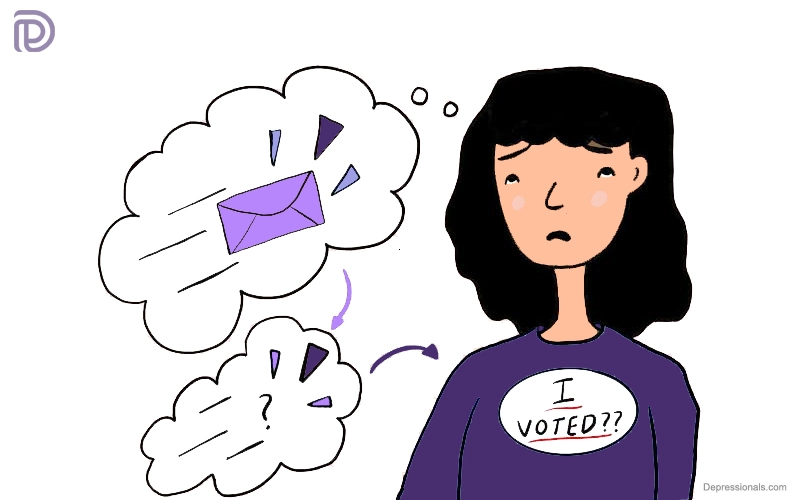
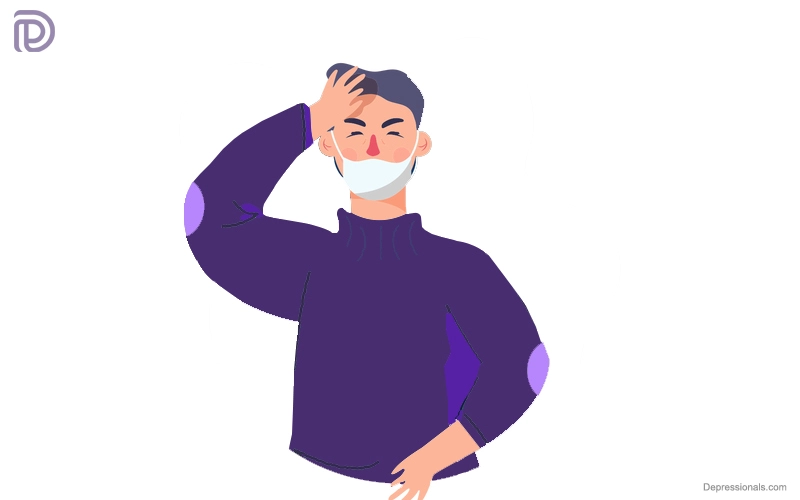
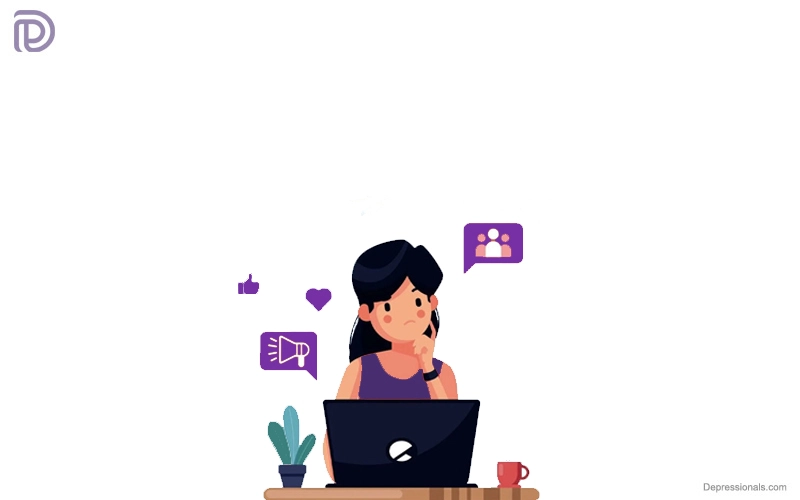
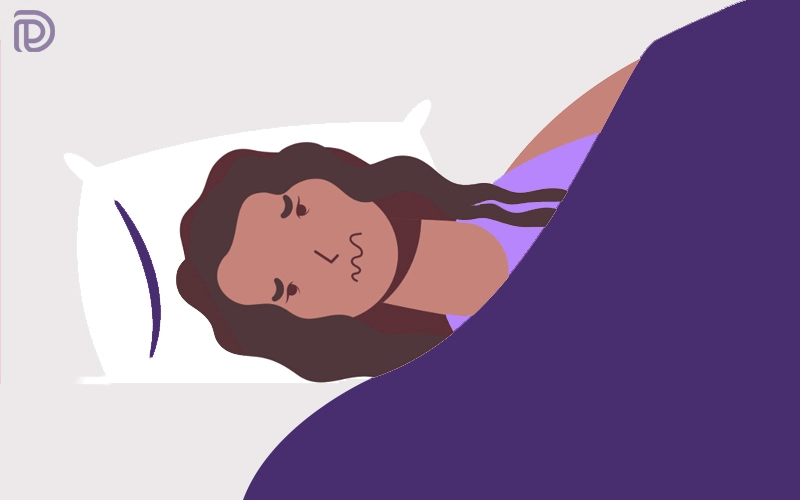
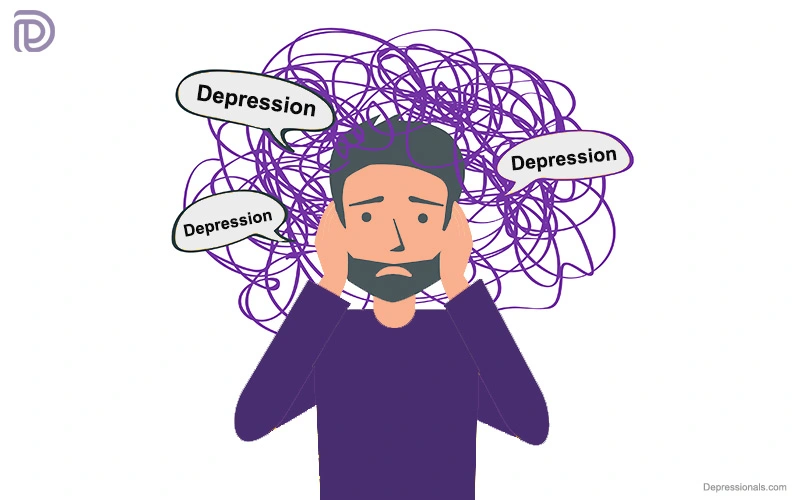

I wanted to thank you for this great read!! I definitely enjoying every little bit of it I have you bookmarked to check out new stuff you post…